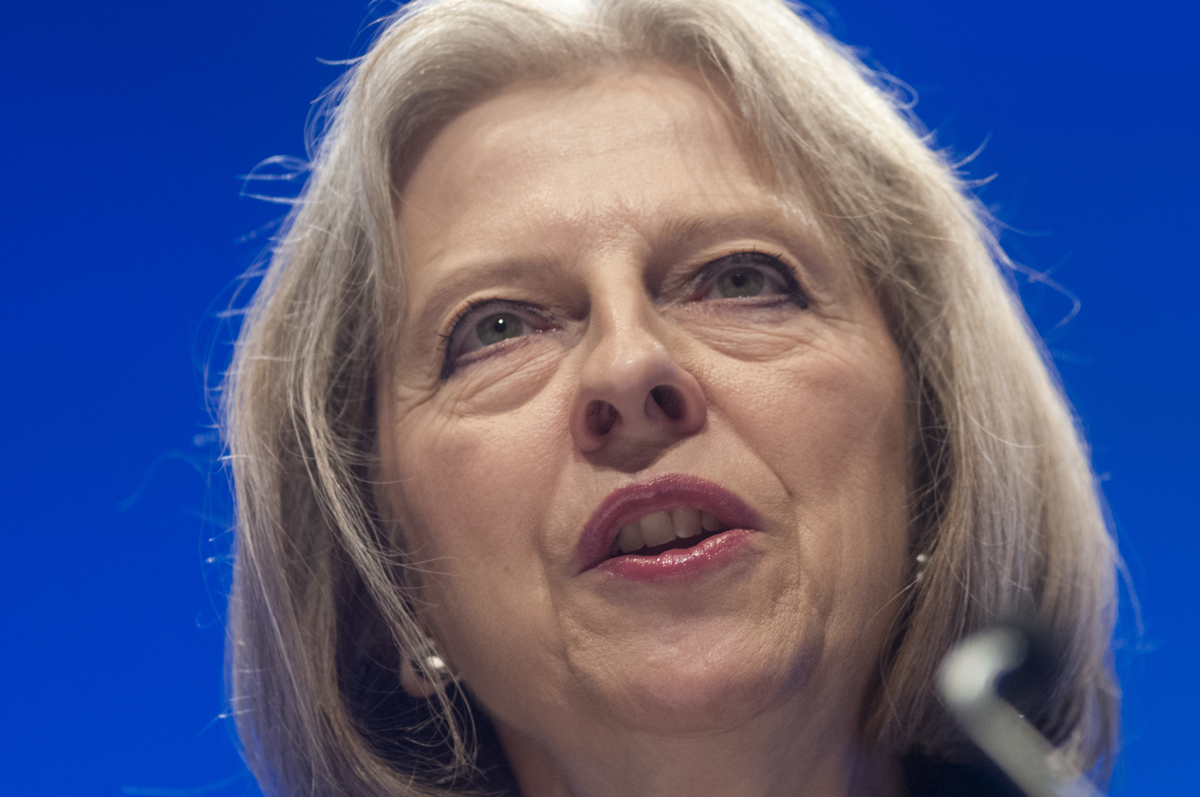Home Secretary evaluates PCCs – “warts and all”
THE Home Secretary believes it is “a positive sign” that Police and Crime Commissioners have been prepared to use their powers to hire and fire chief constables.
Theresa May (pictured) said that while the power of PCCs to appoint and dismiss top cops was “controversial”, it was “fundamental to the reform.”
Mrs May was speaking a year after the first Police and Crime Commissioner elections.
She said: “Let’s be honest, at fifteen per cent, the turnout was disappointing. It still meant that more than five million people voted for police and crime commissioners – more than five million votes more than any police authority ever received – but we should clearly want turnout to be higher than that in future.”
She said that “only seven per cent of people even knew that police authorities existed, but today around 70 per cent of people know about their police and crime commissioner.”
She added “They are better known and more easily approached than the police authorities they replaced, they are delivering innovative reforms, and many are making use of their powers to hold their forces to account.
“To be frank, this is not the case across the board, and in some cases, police and crime commissioners have been responsible for mistakes and errors of judgement – some possibly serious.
“But apart from where there are allegations of criminality – and those allegations are a matter for the IPCC – police and crime commissioners will be accountable to their communities through the ballot box.”
Mrs May was speaking at a conference hosted by Think Tank Policy Exchange. Delegates included serving Police and Crime Commissioners.
She told the audience: “The ability of police and crime commissioners to hire and fire chief constables was perhaps the most controversial power we granted – especially to chief constables.
“Chief constables have to know where accountability lies – it stops with the democratically elected representative, which is the police and crime commissioner.
“While I am not going to get into the rights and wrongs of every decision by a commissioner to hire or fire a chief constable, the truth is this power is fundamental to the reform.
“I emphasise, without approving or criticising individual decisions that have been made, it is a positive sign that police and crime commissioners have been prepared to use this power.”
She predicted a higher turn out at the next PCC elections, which will be held in May rather than November.

